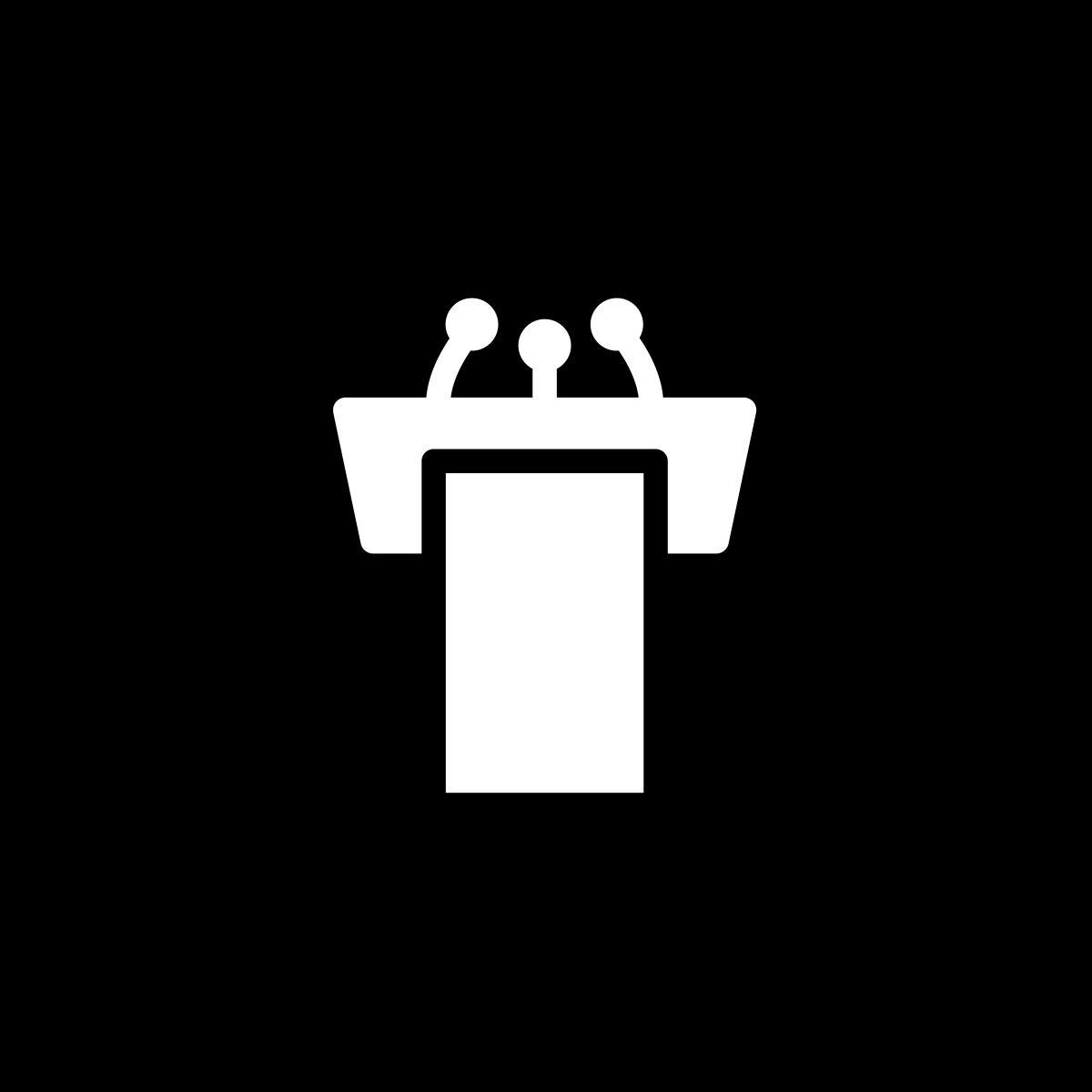I spent my spring break in the Boundary Waters Canoe Area Wilderness just north of Ely, Minnesota. At the end of a grueling eight-day dogsledding expedition, I felt lucky — firstly to be alive, and secondly to call myself a graduate of the Outward Bound Voyageur School housed in the area.
Outward Bound has a pretty interesting history that directly ties into the need for diversity in education.
A man by the name of Kurt Hahn started the first Outward Bound school in Wales to train sailors for war in the 1940s. He believed that many deaths could be prevented with the proper training; the sailors were trained out on the sea rather than in a traditional classroom.
After the first Outward Bound school in the states was opened in 1962 in Colorado; the Minnesota School was opened in 1964.
These schools still replicate a sense of war-like training, not in the sense of battle or weaponry, but rather a team coming together through exceedingly difficult challenges.
The most crucial piece of information I learned on my expedition was that living means doing. I think this is exceedingly applicable to education. While we learn from textbooks and seminars, the four-walled classroom is not the be-all-end-all for education. So much can be learned in craftsmanship and survival skills, and I am afraid our current education lacks this integral part of our overall learning and development.
Before this expedition, I really did not know how to meet my own basic needs or how to be comfortable completely alone, which was completed during a solo portion of the trip.
What I gained from trying to survive day after day from the woods around me was a sense of purpose and accomplishment. It felt purposeful to collect dead-and-down, cut down a tree and chop it into firewood, boil water for drinking and reach a final destination.
Many of my co-travelers expressed that after high school they had not been able to find their purpose.
After speaking to many people who decided not to take the college route or tried it out and felt like it was not for them, I hold the opinion that we are failing to define higher education in the way it should be defined.
Higher education should include craftsmanship, technical careers, plumbers, electricians and so on. The most obvious evidence that points to this is the shrinking amount of skilled workers.
A 2013 article in Forbes shared data that points to the high majority of skilled workers being in the age group of 45 and over, and electricians were the largest of all the skilled trades with over 600,000 display shocking numbers.
The article went on to list all the categories of skilled jobs that will face even more severe shortages in the future.
I’m not advising anyone to drop out of NC State or to say that you made the wrong choice coming here, but I am suggesting that learning a trade will be incredibly useful in your later search for a career.
Rounding out your education by taking a pottery class at the Crafts Center, getting involved in the music center, taking opportunities of unique classes that will teach you a craft or trade is critical to an education that means doing.
The larger picture shows the truth: We have to redefine higher education to include technical and skilled labor degrees to ensure high school students understand all of their options and the cost benefits of each one.
We also need to redefine what we think success means in our society. Success is more than a bachelor’s, a master’s, and a Ph.D. Success is just as much about character and having a passion for whatever trade you find, and that goes beyond the four-walled classroom.














